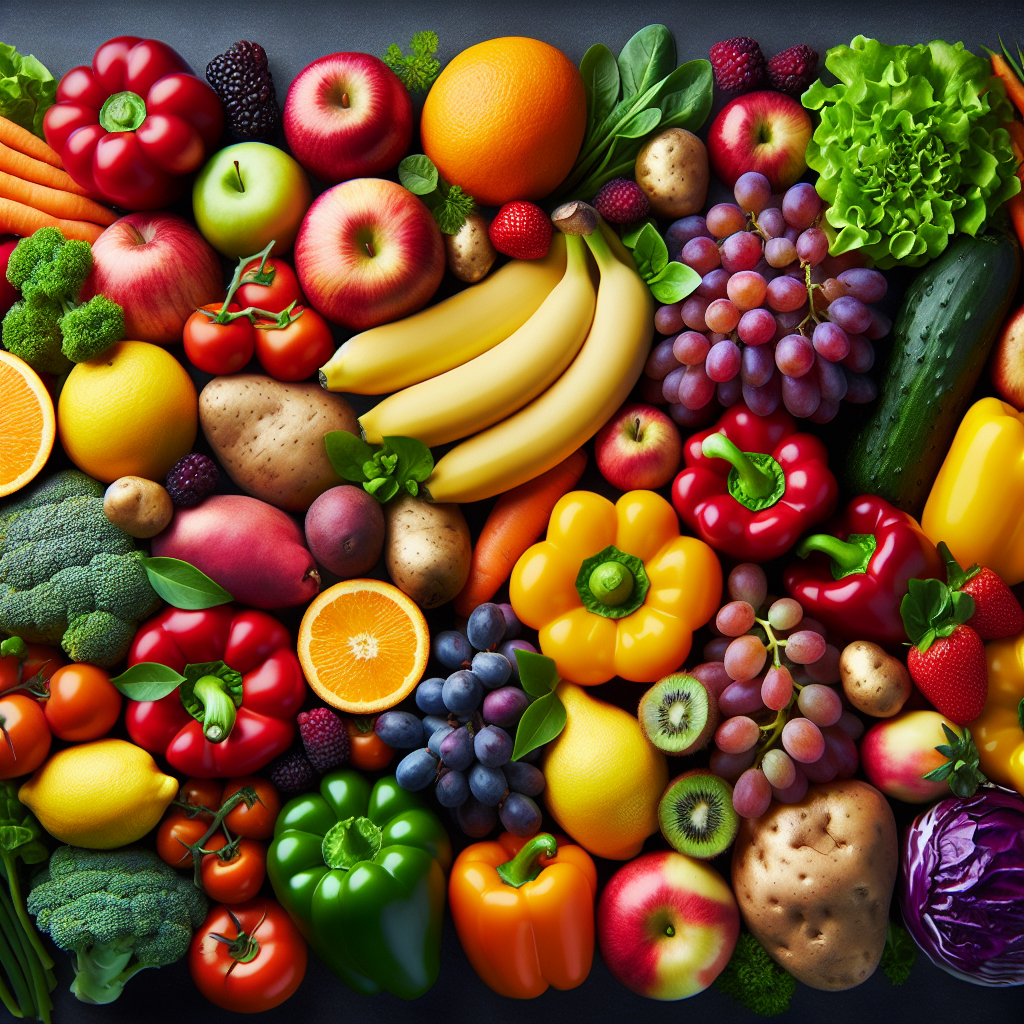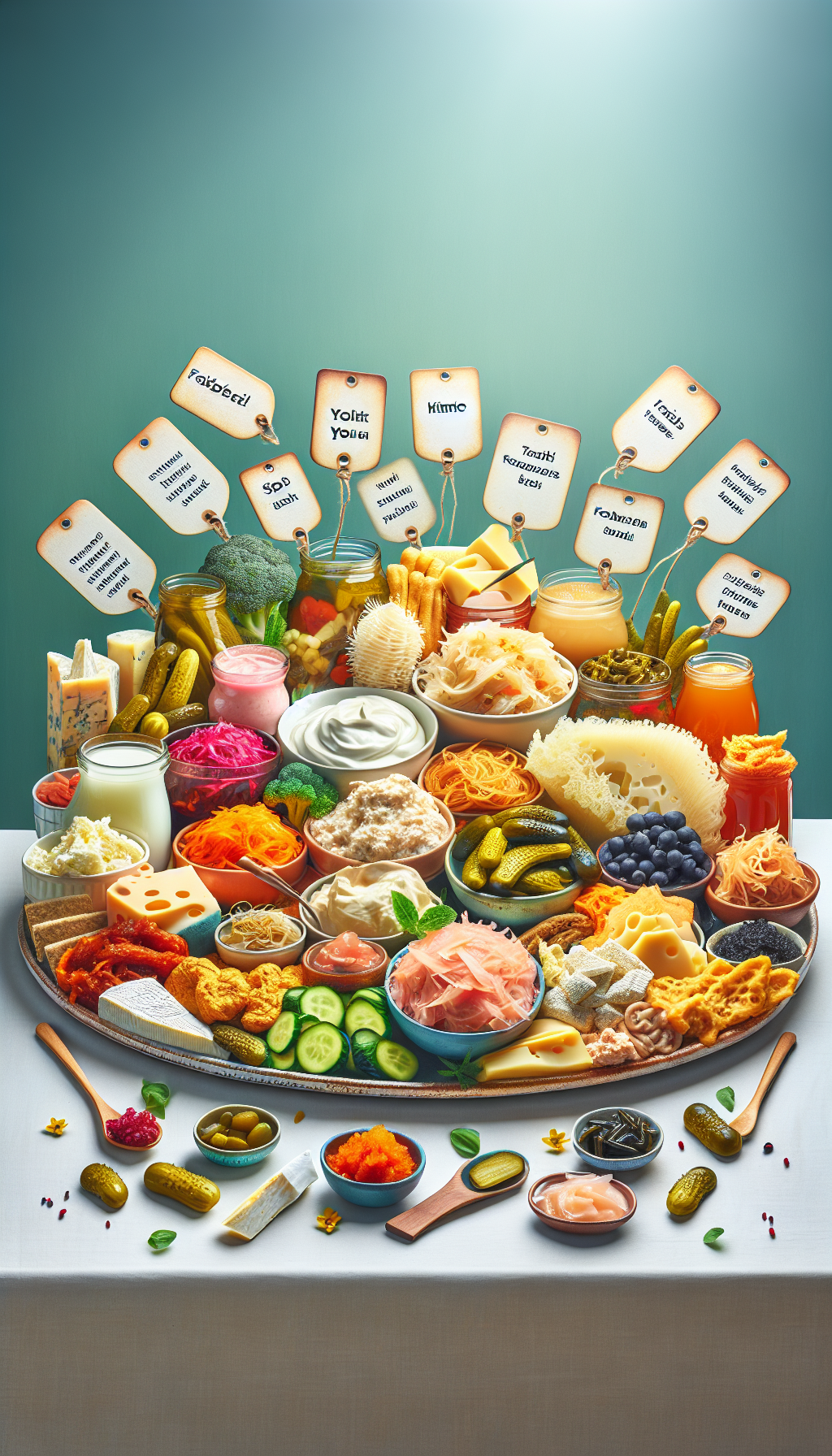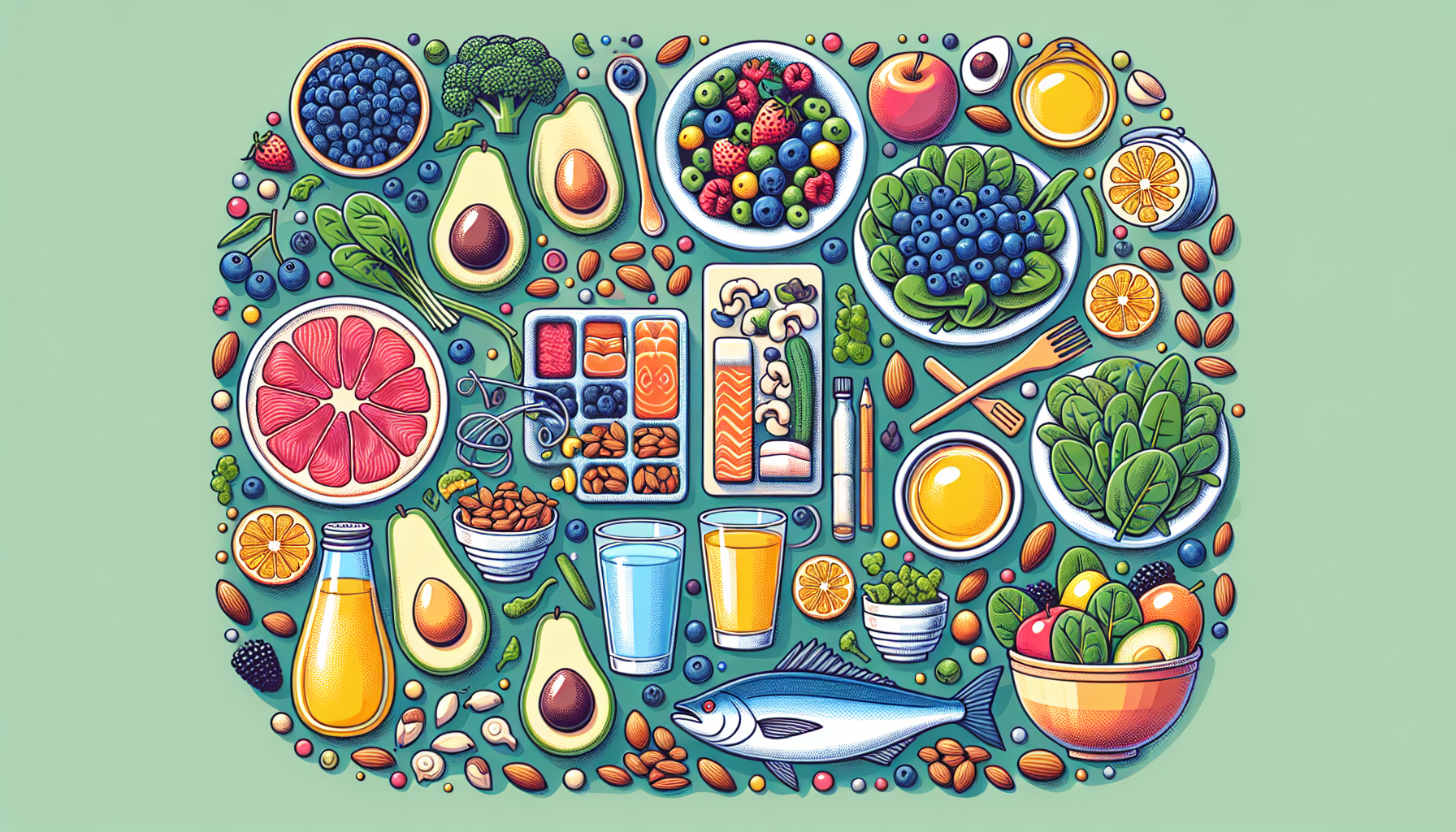A radiant complexion doesn’t solely depend on what skincare products you apply; it’s also greatly influenced by the food you eat. The adage “you are what you eat” holds particularly true when it comes to skin health. Nutritious foods not only fuel your body but also help your skin to be at its best. In this comprehensive guide, we will delve into the pivotal role of nutrition in maintaining and improving skin health, and what you can include in your diet to support a glowing complexion.
The Building Blocks of Skin Health
Your skin, being the largest organ of the body, requires a range of nutrients to stay healthy. These include proteins, fats, vitamins, and minerals, which contribute to its structure, resilience, and appearance.
Proteins
Proteins are vital for the repair and regeneration of skin tissues. Collagen and elastin, two structural proteins abundant in the skin, depend on dietary protein. Foods rich in amino acids, such as lean meats, fish, poultry, tofu, legumes, and dairy products, are essential for maintaining the skin’s firmness and elasticity.
Fats
Healthy fats, particularly omega-3 and omega-6 fatty acids, play a crucial role in skin health. They are part of the skin’s lipid barrier, which helps to retain moisture and protect against environmental damage. Fatty fish like salmon, mackerel, and sardines, along with flaxseeds, chia seeds, and walnuts, are excellent sources of omega-3 fatty acids.
Vitamins and Minerals
Vitamins A, C, D, E, and K, as well as minerals like zinc and selenium, are antioxidants that protect the skin from oxidative stress caused by free radicals. Citrus fruits, berries, carrots, spinach, nuts, and whole grains, should be a regular part of your diet to aid in skin repair and to combat signs of aging.
Superfoods for Skin Health
Some foods are particularly beneficial for the skin due to their high concentration of skin-loving nutrients. Here’s a list of superfoods to consider:
- Berries: Packed with antioxidants, berries such as strawberries, blueberries, and raspberries can help reduce skin aging.
- Green Tea: Rich in polyphenols, green tea has anti-inflammatory properties that can protect skin from sun damage.
- Avocados: Full of monounsaturated fats and vitamin E, avocados help in keeping the skin moisturized and protect against UV radiation.
- Sweet Potatoes: They are an excellent source of beta-carotene which acts as a natural sunblock and may protect the skin from sun damage.
Hydration and Skin
While not a food, water is an essential component of a skin-healthy diet. Adequate hydration ensures that nutrients are delivered to skin cells and toxins are flushed away. Incorporating foods with high water content like cucumbers, tomatoes, and watermelon can also help maintain hydration levels.
The Importance of a Diverse Diet
To ensure you’re getting a wide range of nutrients that benefit the skin, it’s important to consume a diverse diet. Include a variety of fruits, vegetables, whole grains, lean proteins, and healthy fats every day. Understanding your skin type and its specific needs can help tailor your diet for the best results.
The Gut-Skin Connection
Emerging research suggests a strong link between gut health and skin condition. Probiotics found in fermented foods like yogurt, kefir, sauerkraut, and kombucha can help balance the gut microbiome, which may lead to clearer skin. For more on this connection, consider reading about the link between gut health and skin appearance.
External Resources for Further Reading
While this article provides an overview, there are several niche resources that offer in-depth information on specific aspects of nutrition and skin health:
- The American Academy of Dermatology provides comprehensive resources on how diet can affect skin health.
- The Linus Pauling Institute at Oregon State University offers an extensive analysis of micronutrients and their role in skin biology.
- For those interested in the gut-skin connection, the American Journal of Clinical Dermatology presents a detailed study on the topic.
Integrating Nutrition into Your Skin Care Routine
While focusing on what you put onto your plate, don’t forget to pay attention to your skin care routine. Choosing the right skin care products for your skin type is just as vital as eating the right foods for your skin. It’s also essential to consider the importance of sunscreen in skin health to protect your skin from harmful UV rays.
Conclusion
Eating a balanced diet is not just beneficial for your overall health but also for maintaining a youthful and vibrant skin. By incorporating a variety of nutrient-rich foods into your diet, staying hydrated, and understanding the connection between your gut and skin, you can significantly enhance your skin’s health and appearance. Remember to consult with a dermatologist or a nutritionist for tailored advice, especially if you have specific skin conditions or dietary requirements. Your skin is a reflection of your overall well-being, and with the right care from the inside out, it can truly radiate.



